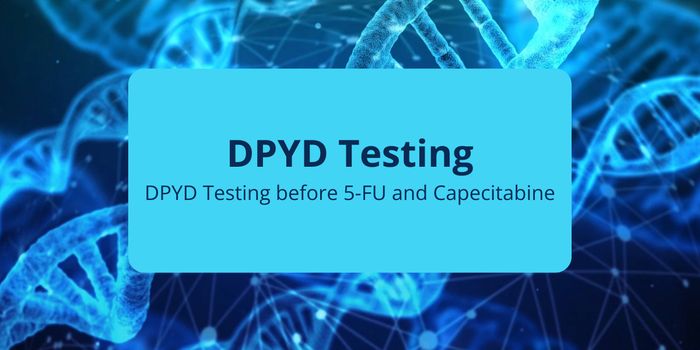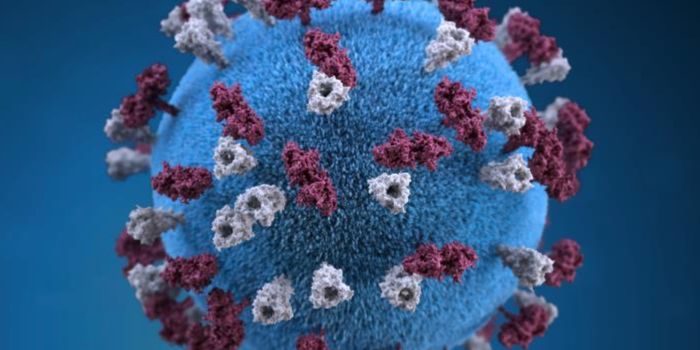Researchers Discover a Likely Cause of Psoriasis
Researchers have potentially discovered the cause of a chronic condition called psoriasis, a disorder that generates scaly, red patches on the skin. It can be so severe in some cases that it is life-threatening, and psoriasis may impact as many of three percent of the world's population. Scientists have now shown that a hormone called hepcidin could be the trigger for psoriasis. The findings have been reported in Nature Communications.
Hepcidin is normally related to the control of iron levels, and this is the first time it's been suggested as a cause of psoriasis. These findings may lead to an effective treatment, if a safe drug that blocks the hormone, or its link to psoriasis can be developed.
Psoriasis can change a patient's life, and may be disfiguring. It may cause both emotional distress and physical discomfort, and can contribute to other disorders, noted study co-author Dr. Charareh Pourzand of the University of Bath.
"A new treatment targeting iron hormone imbalance in the skin offers hope. This innovative approach could significantly enhance the quality of life for millions, restoring their confidence and well-being."
Patients with a form of the disorder called pustular psoriasis (PP), which is especially serious and resistant to treatment, may be the most likely beneficiaries of this approach.
Iron performs a variety of important functions in the body, but like many things, too much of it can be harmful. For many years, researchers have known that psoriasis patients have abnormally high iron levels in their skin cells, but the cause has been unknown. This research may have finally revealed how psoriasis is connected to excess iron.
Hepcidin helps regulate the absorption of iron from food, and how much is released in the body. But this study has revealed that ihepcidin is also produced in the skin cells of psoriasis patients.
When hepcidin levels were produced in the skin of a mouse model, they developed psoriasis. The excess cellular hepcidin caused those cells to hold onto too much iron, causing skin cells to excessively grow and divide, and increasing inflammatory neutrophil levels. High neutrophil levels and abnormal skin cell production are also both seen in psoriasis patients.
There are no cures for psoriasis right now, but treatments like medications, light therapy, and topical ointments can help control symptoms in some patients. Hepcidin presents an excellent new treatment target for the development of novel drugs.
"A drug that can control this hormone could be used to treat flare-ups and keep patients in remission to prevent recurrence," said Pourzand. Iron levels in the skin might be adjustable as well, which could help reduce skin cell overgrowth, Pourzand added.
While much more work would be needed before a drug that targets hepcidin could be available to patients, this work is a crucial first step toward better therapeutic options.
Sources: University of Bath, Nature Communications









